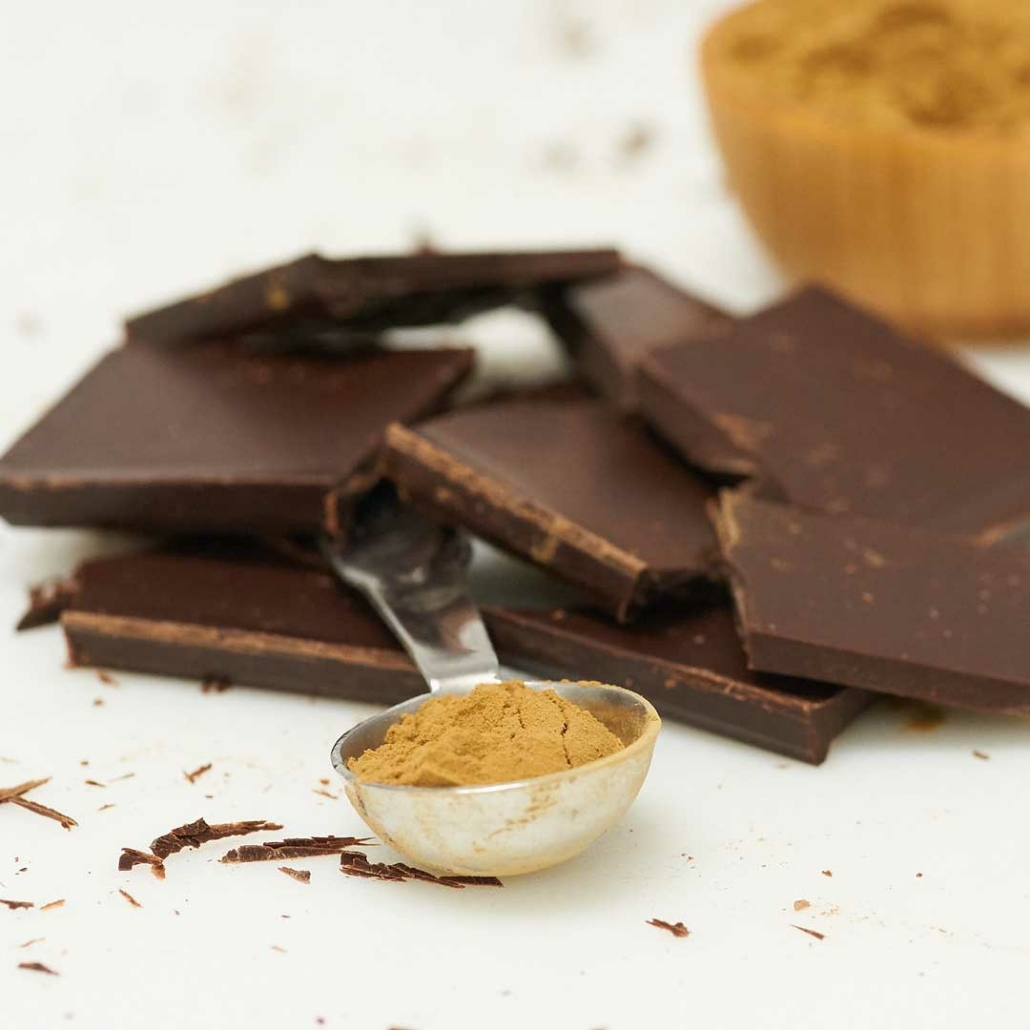Nutrition Insight
Katherine Durrell
November 7, 2019
Link to story
US and Canada-based ingredients manufacturer Comet Bio has achieved Generally Recognized as Safe (GRAS) status for its prebiotic dietary fiber Arabinoxylan Plant Fiber Extract, trademarked as Arrabina. Dicentra – a contract research organization and consulting firm for food and supplement safety – aided Comet Bio in engaging with experts to proactively gather and provide the scientific evidence. This US Food and Drug Administration (FDA) designation means the dietary fiber is safe for foods, beverages and supplement applications.
“Obtaining GRAS status is a significant milestone for the commercialization of our ingredient and is an indication of our commitment to the efficacy and safety of our ingredients,” says Rich Troyer, CEO of Comet Bio. “This status allows us to better serve our customers in the food, beverage and supplement categories.”
Arabinoxylan Plant Fiber Extract is a naturally occurring dietary fiber found in the cell walls of many plants. Comet Bio produces its Arabinoxylan Plant Fiber Extract from upcycled materials such as stalks, leaves and hulls, making it sustainable. The company says that a 3 g dose of the plant-based, gluten-free prebiotic dietary fiber has been shown to support the growth of beneficial bacteria within the gut. It also helps maintain healthy blood glucose levels.
For an ingredient to be considered GRAS, scientific data and information about the intended use of the substance must be widely known, and there must be a consensus among qualified experts that the data and information established is safe under the conditions of its intended use.
“We are pleased to collaborate with Comet Bio to help them achieve this important step for Arabinoxylan,” adds Dr. Karol Wojewnik, Vice President of Business Development at dicentra. “Comet Bio has a bold vision for the future of ingredients, and dicentra is proud to have contributed to their success.”
Arabinoxylan Plant Fiber Extract was launched last month, with the company touting it as providing supplement, food and beverage manufacturers with a functional way to add prebiotic dietary fiber to their products and meet consumer demand around gut health.
“A healthy microbiome requires the right fuel to keep the beneficial gut bacteria strong and thriving. However, a majority of consumers do not get enough prebiotic fiber in their diets,” Troyer told NutritionInsight.
According to a 2018 consumer survey conducted by Innova Market Insights, 44 percent of US consumers are increasing their consumption of fiber, with 33 percent of UK consumers doing so. At the same time, a 21 percent average annual growth has been reported in new product launches carrying a fiber claim.
Meanwhile, Kerry revealed this week that the number of google searches for “gut health” has grown by 669 percent, with the largest leap occurring earlier this year. Over the same period, the number of searches for “microbiome” and “gut-brain axis” grew by 267 percent and 204 percent.
Last month, DuPont Nutrition & Biosciences launched a flagship dairy enzyme that facilitates a total sugar reduction of 35 percent or more. Prebiotic dietary fiber is generated in situ through the natural conversion of lactose.






